The Cygnet, Aston Martin’s rebadged and retrimmed Toyota iQ, will play a key role in the firm’s future as it tries to meet emissions regs.
The EU has finally agreed a framework for future fleet average CO2 emissions targets, and the Cygnet will allow Aston to survive in its key European regions without having to re-engineer its sports car range or even drop its V12 in favour of a V8.
Insiders say the 96bhp 1.3-litre Cygnet could almost halve Aston’s fleet average thanks to its likely CO2 emissions of around 115g/km.
With Aston’s bread-and-butter DB9 and V8 Vantage rating 345g/km and 315g/km respectively, the Cygnet will make a big dent in the average.
The EU rules come into effect in 2012 and will be phased in over four years. By 2012, 65 per cent of a fleet has to comply, rising to 100 per cent by 2015.
Small-volume car makers like Aston and Bentley — with between 1000 and 10,000 European sales per year — have two choices. If they’re part of a bigger group, their fleet figure can be calculated as part of the parent. But Aston isn’t part of a big group, so it will have to go it alone.
In this case, because Aston’s production is low, the EU allows an exemption from the 130g/km target of volume car makers. Aston will have to negotiate its own targets with the EU. Experts suggest that this is likely to mean a similar percentage reduction to that of the volume car makers — currently 18 to 19 per cent — which would be a near-impossible task with the current line-up.
That’s where the Cygnet comes in. Aston is aiming for 1500 Cygnet sales in Europe per year — about the same as the number of Vantage/DB9/DBS/Rapide models it will shift.
However, if markets recover that could rise to perhaps 2500-3000 units, so as well as using the Cygnet to haul down its fleet CO2, it has to work on its current models, too.

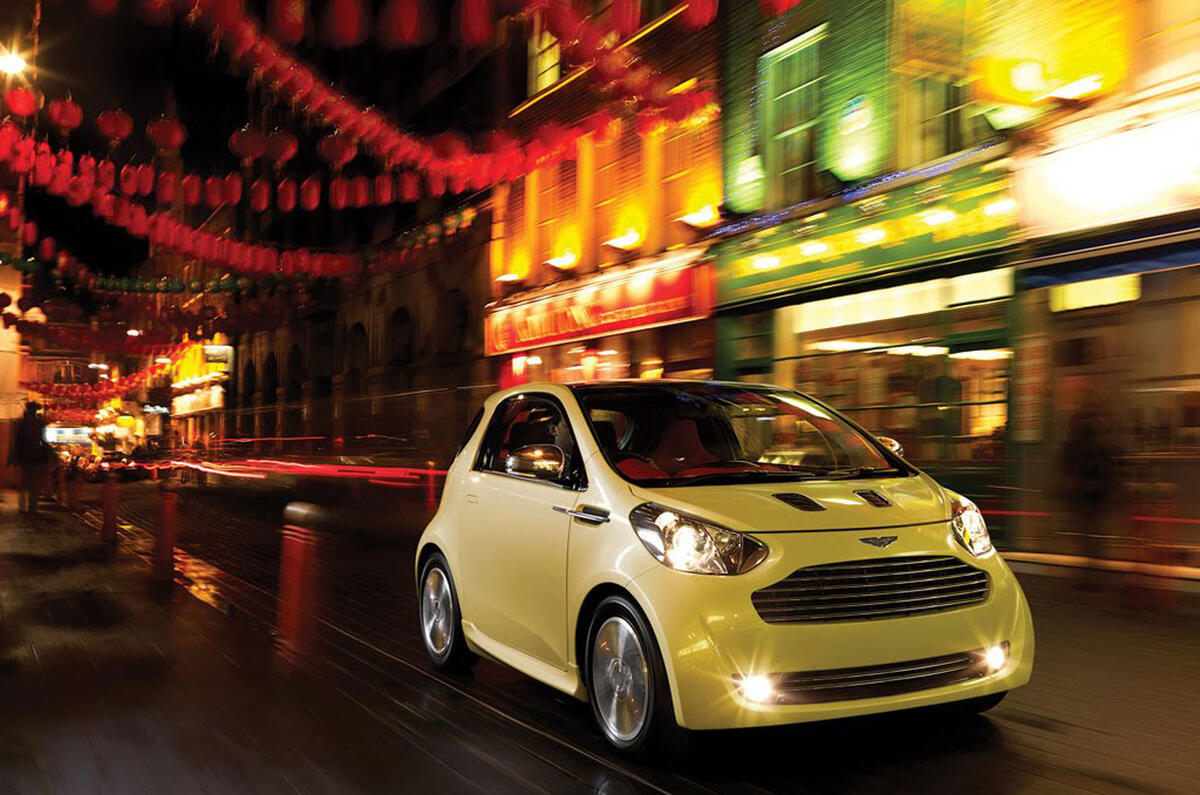
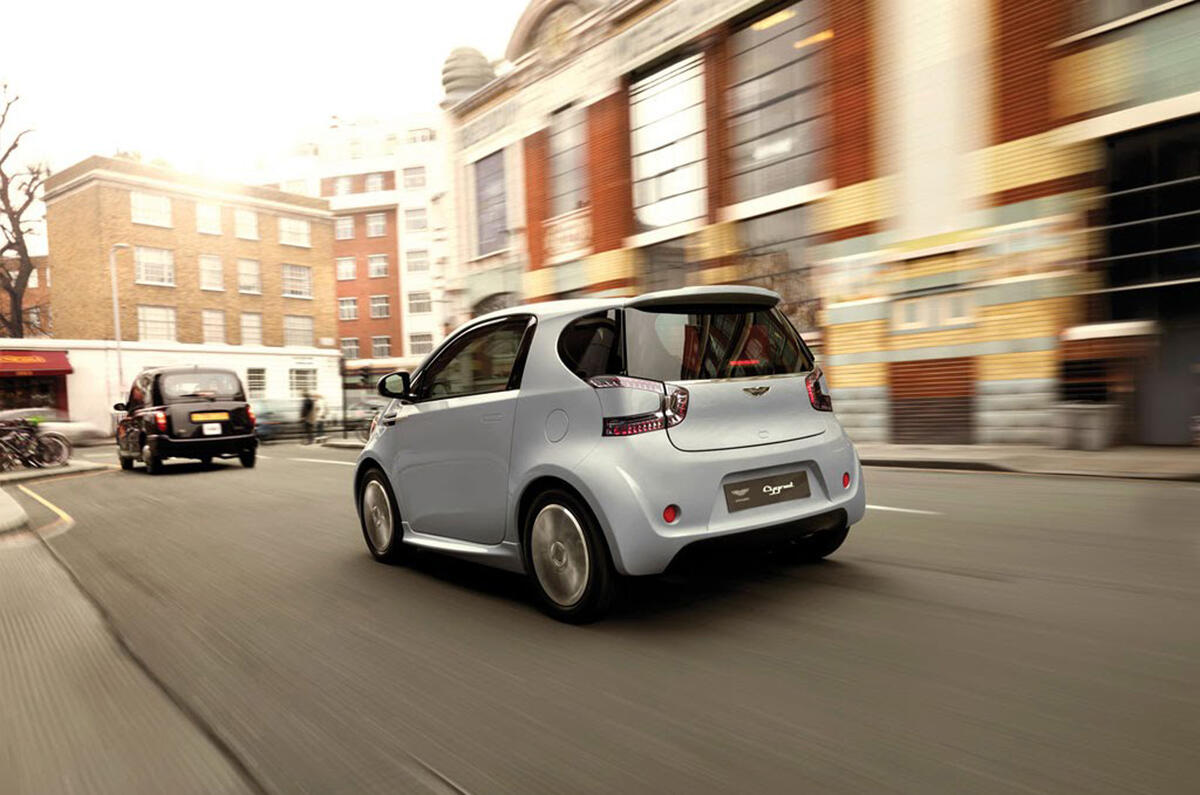
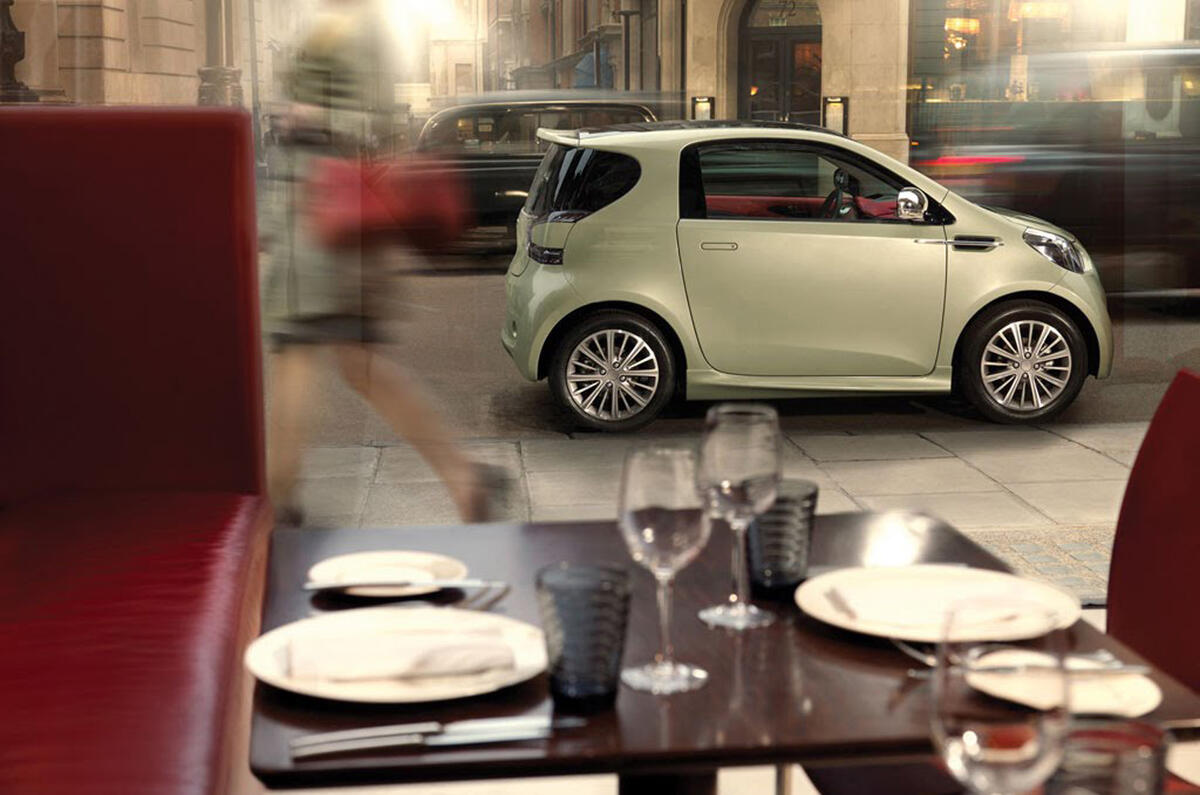
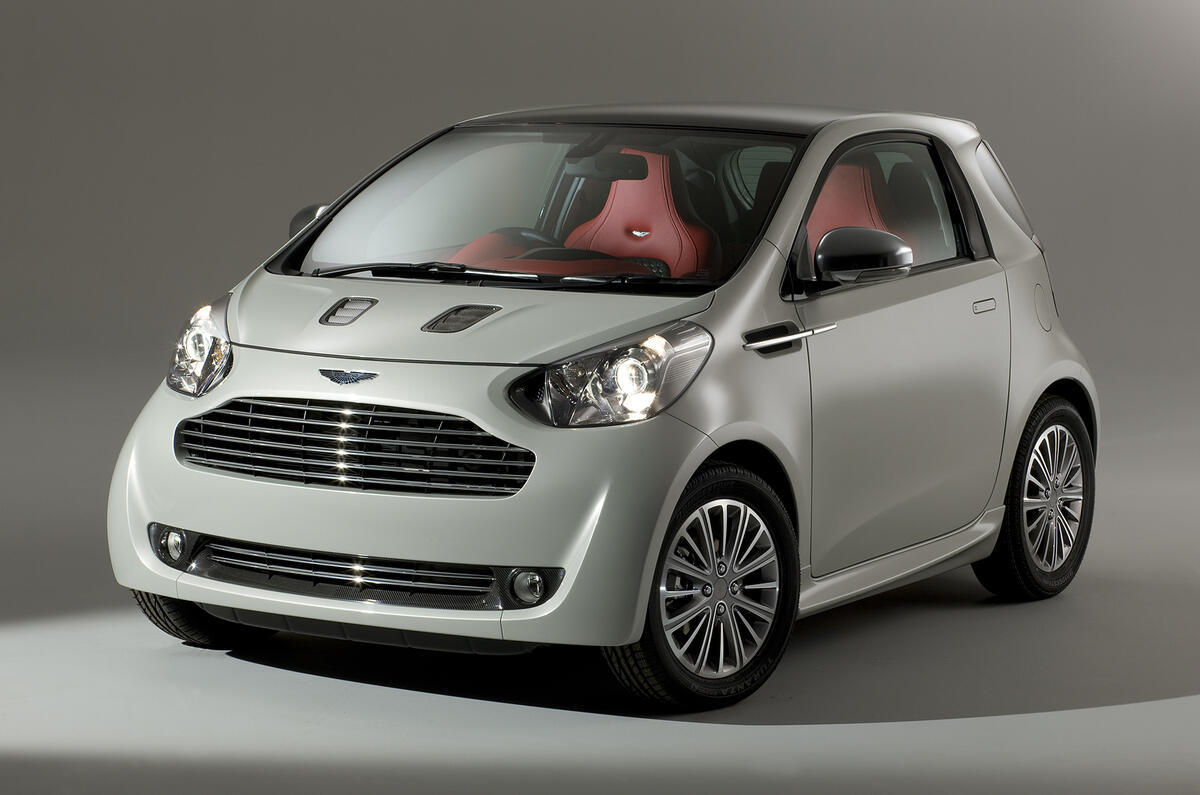
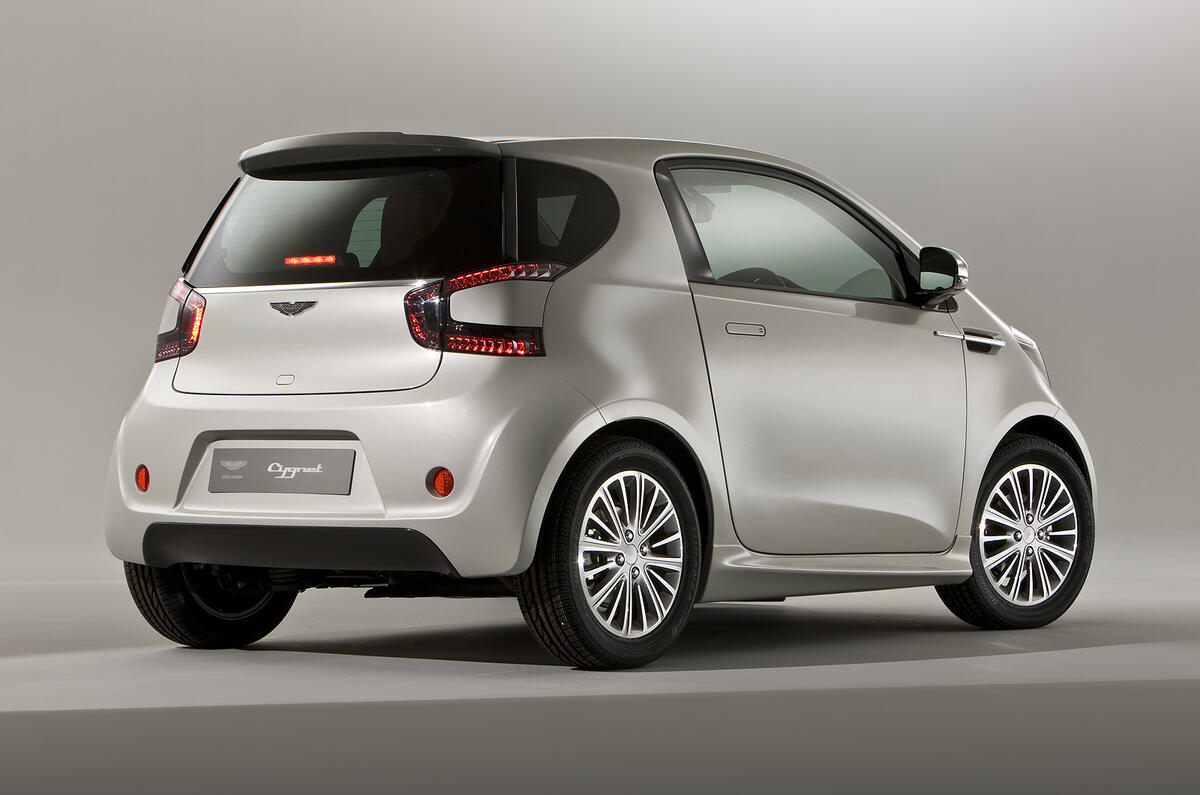
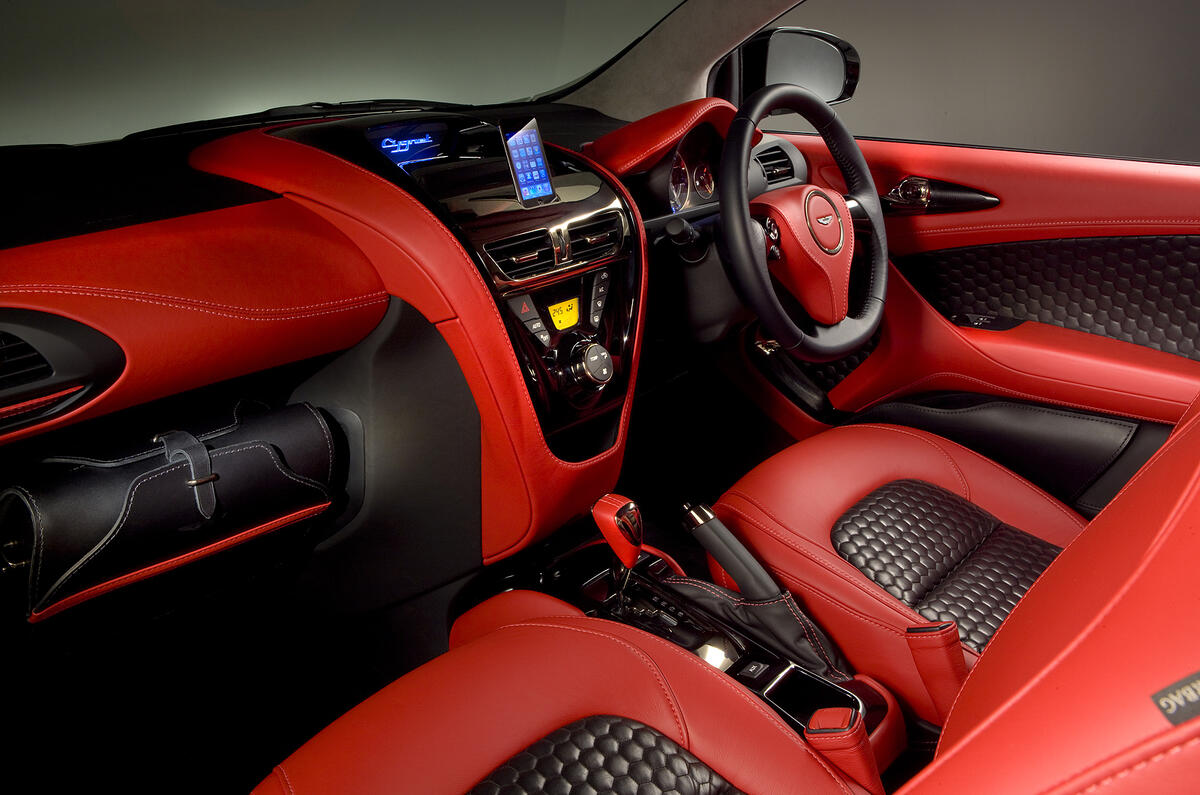



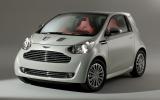




Join the debate
Add your comment
Re: Cygnet 'key to Aston's future'
I thought AM were going to restrict the Toyota iQ Cygnet to existing AM owners? Based on their predicted sales they are going to sell a Cygnet with every model. Is it going to be BOGOF? or is Astons plan a joke, like the Cygnet?
Re: Cygnet 'key to Aston's future'
Sad that Aston's only solution is to pimp out an IQ to bring down emissions. Furthermore, it's only a nose and taillight job, covering the standard interior in leather, and off you go, pay double for the same car, only uglier.
If they had at least bothered witha few dynamic improvements it would have made more sense, i.e. added a turbocharger to the wimpy engine and upgraded suspension and brakes. Not too much to ask and shouldn't affect the CO2 significantly (turbo's not working much in a homologation run). You can also compensate with start-stop.
Much more interesting would be to see efficiency improvements in the regular Aston range through lighter, more aerodynamic bodies, lowered friction in internals, start-stop tech, eight-speed double-clutch boxes and even (probably can't afford it) direct injection and light hybridization in the vein of the hybrid S-class; small electric motor between engine and tranny with a small additional battery pack. It improves emissions while adding little weight compared to a full hybrid.
Frankly, I'm disappointed with the cynical approach to lowering emissions that AM has taken and the stagnation of the regular range.
Re: Cygnet 'key to Aston's future'
This still begs the question:
If you're buying a new Aston sporster, why would you choose a Cygnet over, say, an equivalently clean but infinitely classier Mini?
And wouldn't that look naff - 'oh see he got a small Aston too'?
I'm sure Aston will sell 1500+ Cygnets a year, but they underestimate rival cars. The Cygnet does not seem that forward-thinking or clever to even 6 months ago.